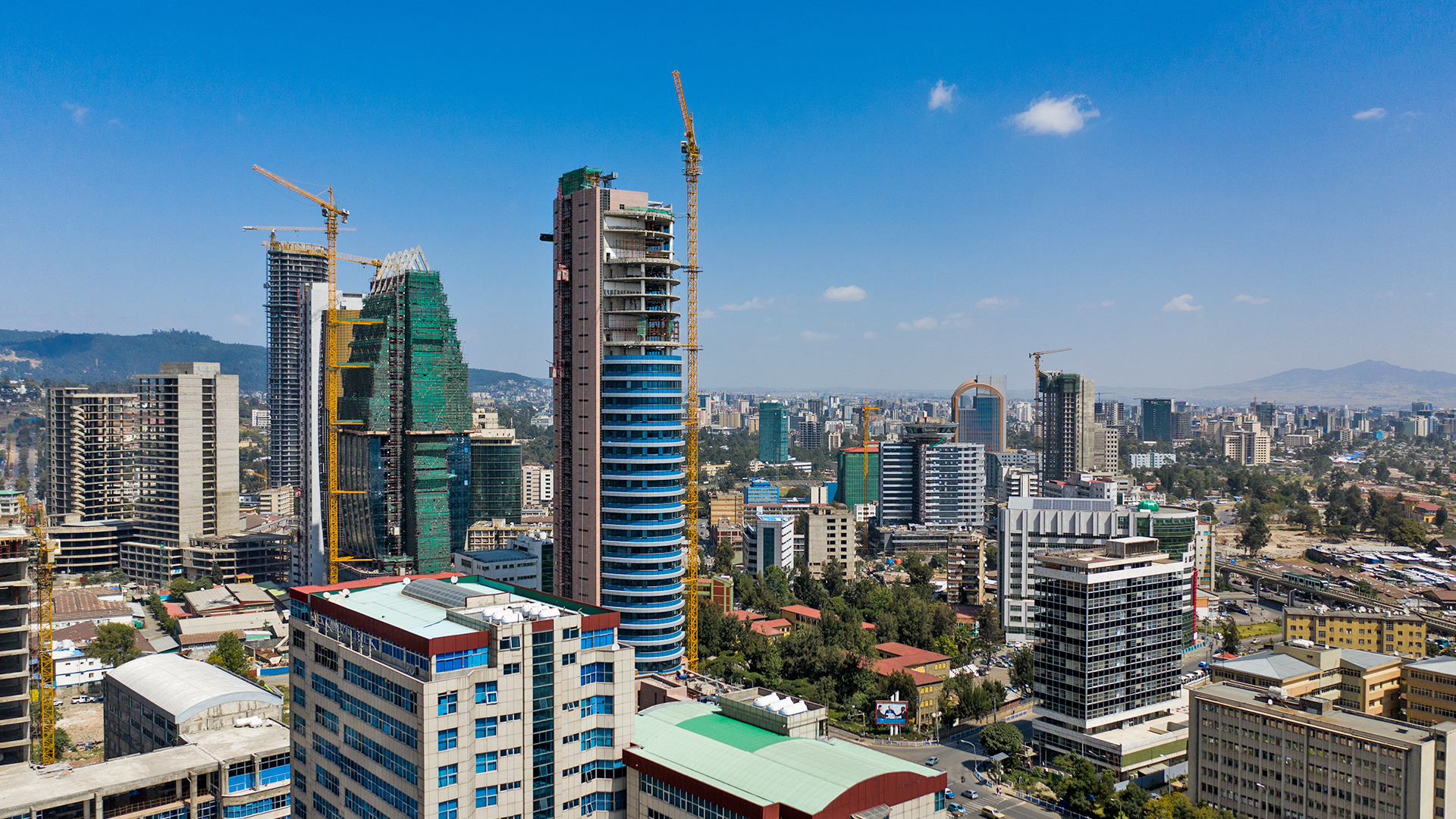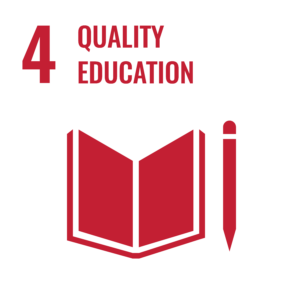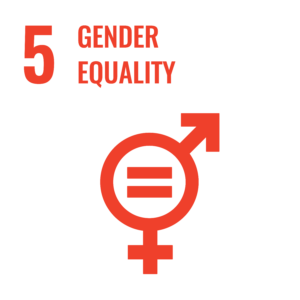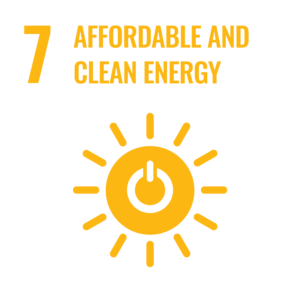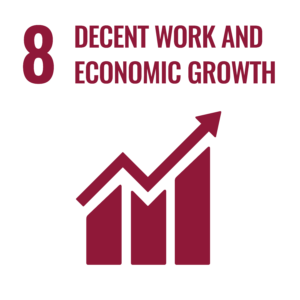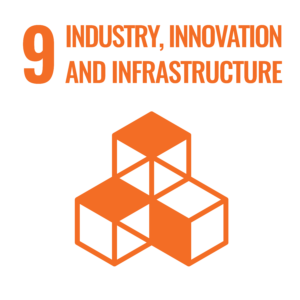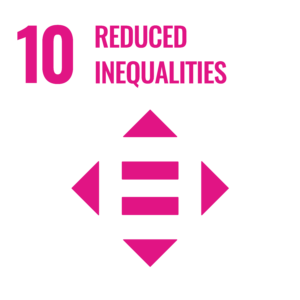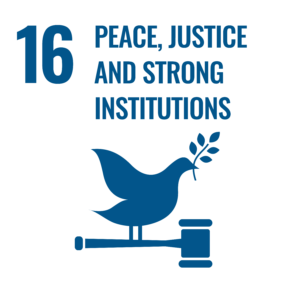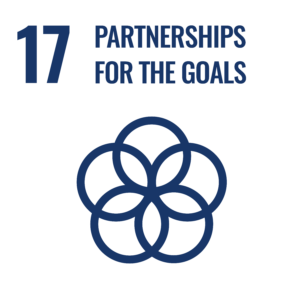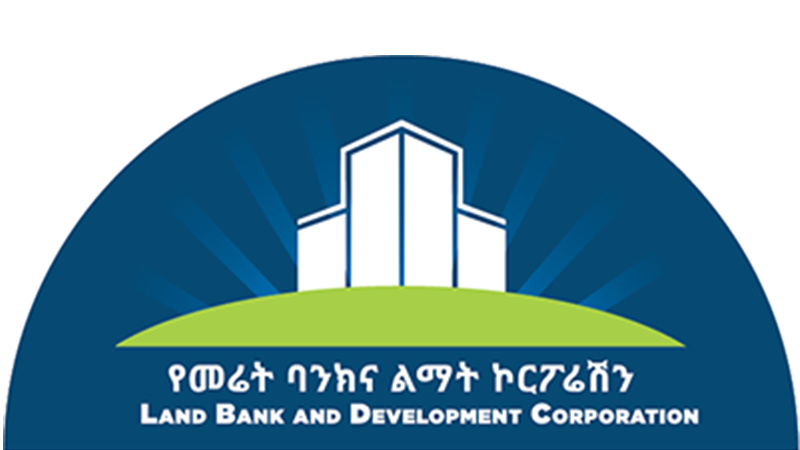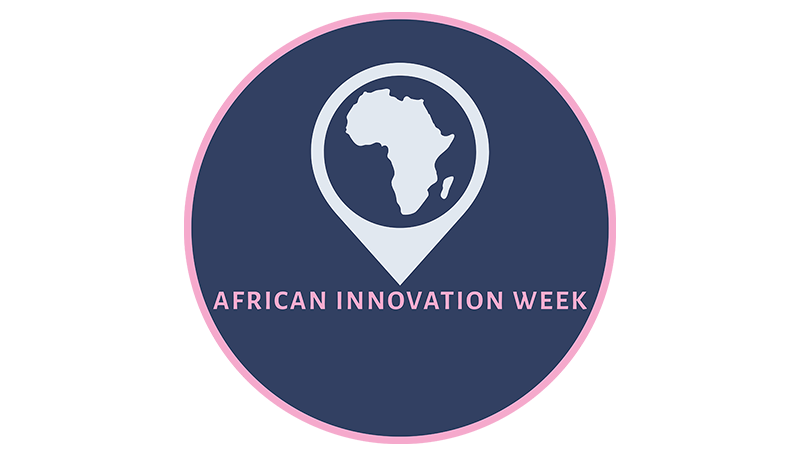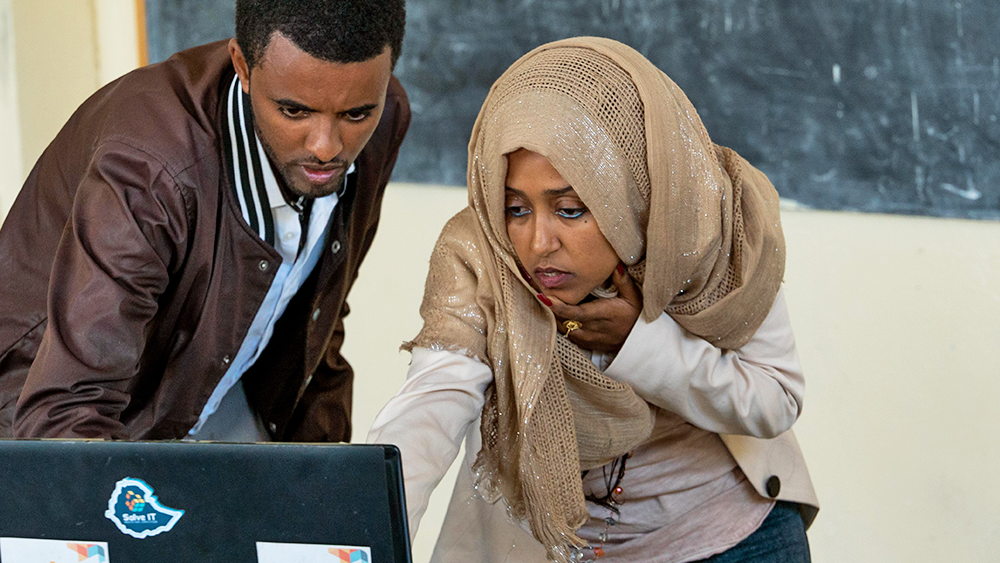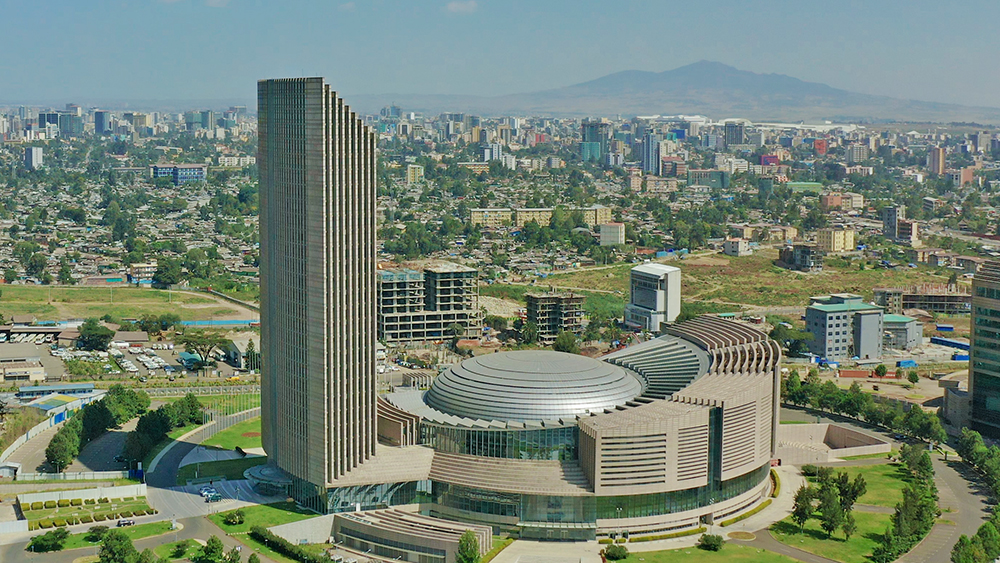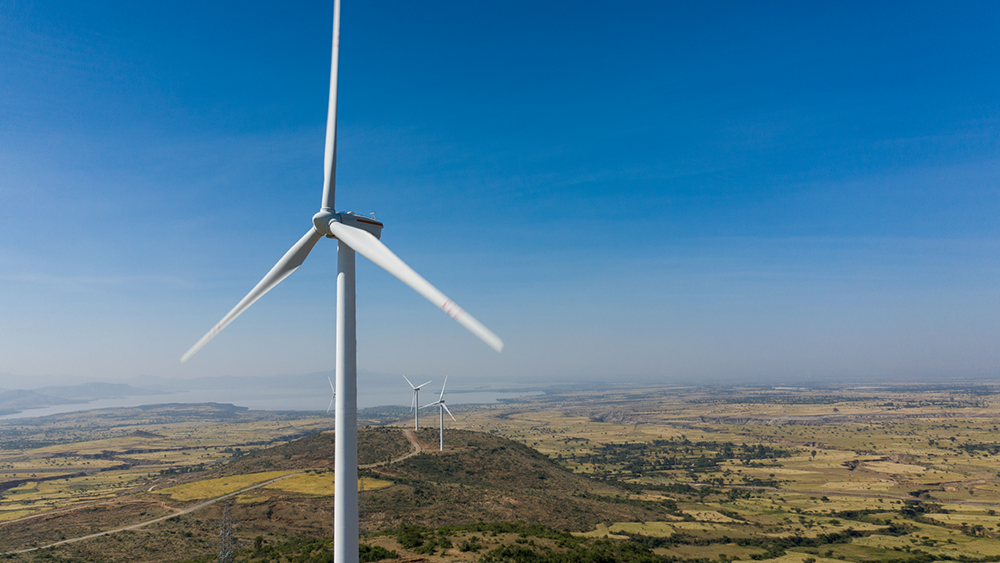Ethiopia is the highest source of technical talent in Africa today.
Ethiopia is fast emerging as the land of opportunity
Ethiopia, known as The Land of Origins, is fast emerging as the land of opportunity with untapped opportunities for investment, business and tourism and extraordinary potential for growth and development, as the country is building the next heritage for a new generation.
Ethiopia is one of Africa’s fastest growing economies, an emerging manufacturing hub and the highest source of technical talent in Africa today. With the launch of its new investment and commercial codes, Ethiopia is working hard to become a more attractive and competitive investment, business and travel destination.
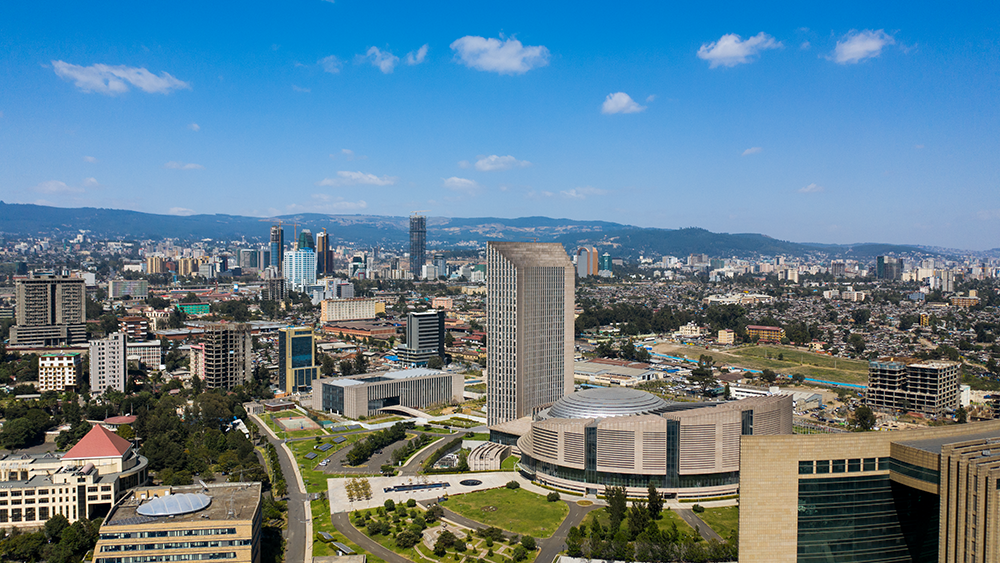
With its improved infrastructure, unspoilt natural beauty and rich cultural heritage, Ethiopia is ready to develop the immense growth potential of its largely untapped tourism and ecotourism sectors, and open its myriad and dramatic landscapes, cultural sights, sounds, experiences and stunning heritage sites to the world.
We speak with Lensa Mekonnen, CEO of FDRE Land Bank and Development Corporation,
IA: Can you tell us about the FDRE Land Bank and Development Corporation in Ethiopia- its purpose and function?
LM: As part of Ethiopia’s economic reform agenda, Ethiopia’s Land Bank and Development Corporation (LBDC) was formed to develop, administer and manage federal government landholdings. Since the property development market in Ethiopia is still in its infancy, the corporation is designed to be an economic and social growth pacesetter to both the public and private sectors. It aims to undertake projects with high resonance by creating an easy investment ecosystem that allows public private partnerships to flourish in Ethiopia.
A government enterprise, the LBDC is tasked with creating a methodical and inclusive national landholding development, management and administration system for maximization of socio-economic gains.
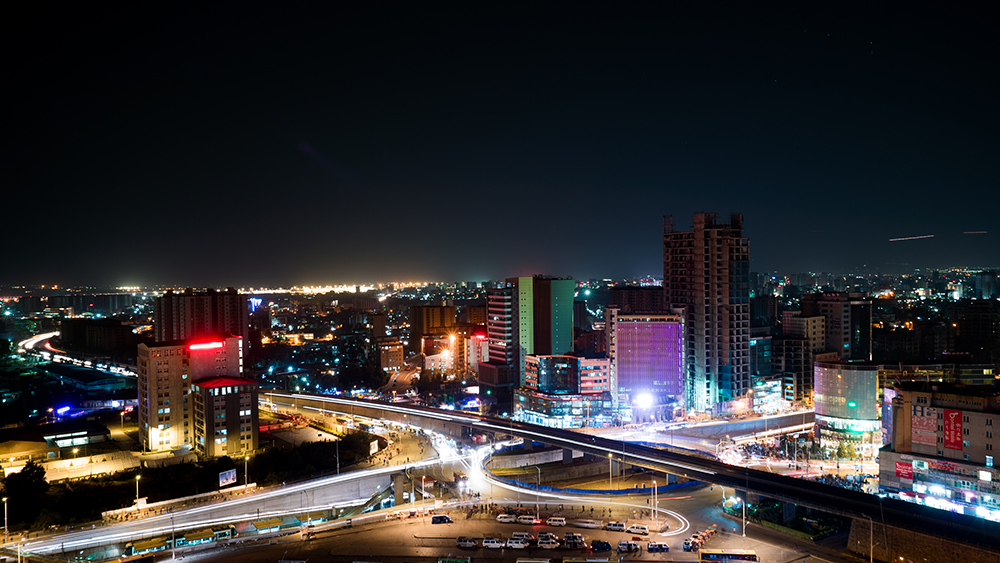
The highest source of technical talent in Africa
IA: Why does Ethiopia have the highest source of technical talent in Africa?
LM: Of Ethiopia’s 105 million plus people, 30% are youth aged between 15 to 29 and 40.5% aged below 15 years, which is our newly emerging talent pool. These youthful energies coupled with an education system which has inclined them towards the natural science discipline has cultivated a huge mass of diversified talent.
This is in addition to our nation’s historical proclivity to methodical practices and indigenous literatures and mathematical approaches enshrined in the socio-religious and socio-cultural conformations.
The potential
IA: Tell us about the potential in the sectors of Energy, Health, Education and Investment.
LM: Ethiopia is one of the fastest growing economies in the world with impressive growth continuity irrespective of challenges it may have faced.
Realizing the need for yet a higher leap it has to take to elevate the lives of its citizens, Ethiopia has taken upon itself and citizens at large to invest in the GERD which as of 2023 is expected to generate 5.15 GW electricity and increase access to electricity to 80% of its citizens. In addition, it will be able to provide electric power not only to its investors in the country but also be able to export the excess electricity it produces to its African neighbors.
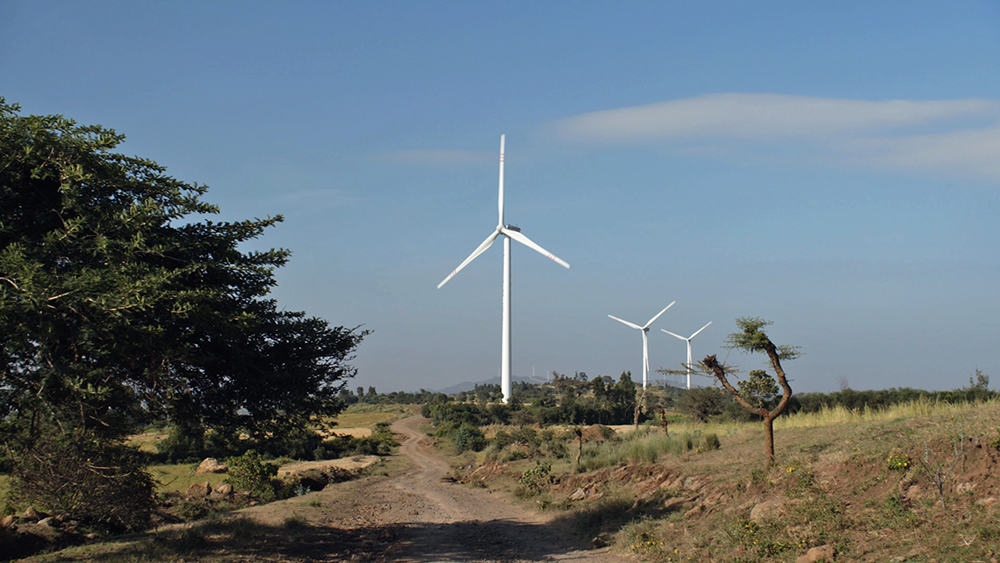
In the past 10 plus years, our government has focused on improving access to primary health care and public health initiatives where it has a record of less than 5 % mortality rate with 16,660 health posts and 3,622 health centers built across the country. [1]
Ethiopia’s Flagship initiative Health Extension Programme (HEP) is one of the recognized highlights and successful achievements in the effort to transform the health sector. [2]
With over 32,000 [3] primary and secondary schools and over 40 universities across the nation, access to education has shown an incredible improvement. Of course, this doesn’t mean it is not without its shortcomings, recognizing the quality of education is of imperial importance, hence the sector now has shifted to ensuring all primary, secondary and tertiary education level curriculums are up to par with global standards.
Investment has been and continues to be an important development agenda for Ethiopia’s policy makers where continued improvements are constantly being implemented to make Ethiopia an attractive investment destination.
Recognizing the untapped potential of our energy, tourism and agriculture sectors, our government has revised its investment ecosystem to create a conducive, resourceful and business-friendly investment climate.
Tourism and Ecotourism
IA: Tell us about your focus and the potential in the tourism and ecotourism sector.
Nature has gifted us with a magnificent landscape featuring rich biodiversity, with Afro alpine forests which are fertile for flora and fauna to inhabit and a landscape home to endemic animals and wildlife. Additionally, Ethiopia is rich with culture which has transcended through time to bless us with heritage sites which the world has yet to explore; and a history which is reflective of our tolerance for diversity and openness to the new and the emerging.

Our stories of embracing various religions through dialogue, connecting us to the world via our dramatic landscape that resembles everything you will see across the globe, manuscripts that capture our authentic stories with our indigenous languages, and most of all, Ethiopia is the place you will experience the hottest and the coldest climate in one magnificent package.
All this was hidden from the world and untapped until now, where we are prioritizing and shifting our technical talent to optimising existing sites and developing new tourism destinations where our own storytelling will showcase the colorful lifestyle and deep connection we have to nature that is also immersed in our spirituality.
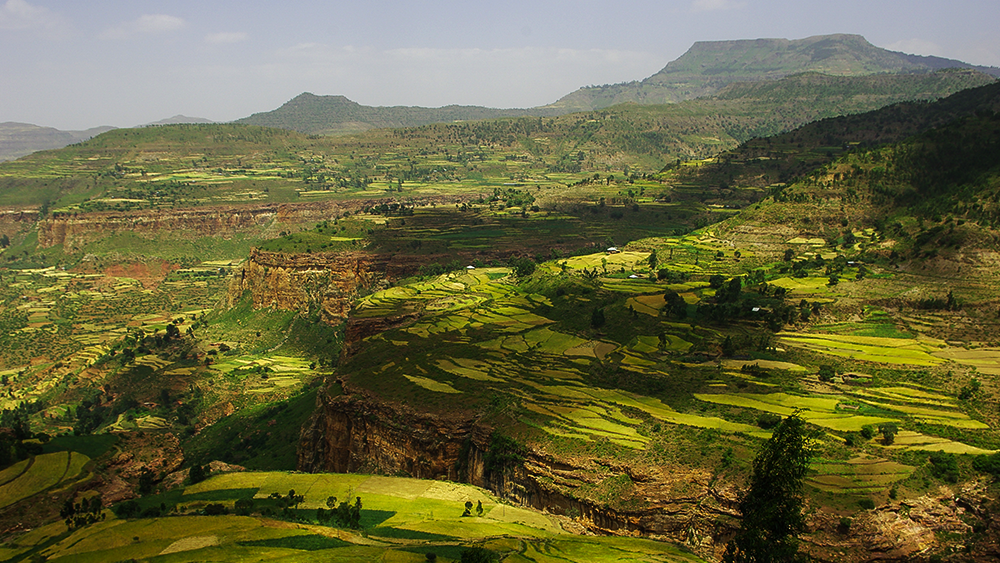
Ethiopia is a true gem which the world will need to explore, which can inspire a vision for a better tomorrow.
Investment and commercial codes
IA: Could you tell us about Ethiopia’s new investment and commercial codes and what this means for investors and for doing business in Ethiopia?
LM: Ethiopia has recently adopted a new Investment Proclamation and Investment Regulations which have further opened up the space for the private sector to play a meaningful role in the economy.
One of the most significant adjustments to the existing investment regime has been the shift from a ‘positive’ to ‘negative’ list approach when classifying sectors or economic activities that are open to foreign investors. The ‘negative’ list model identifies and defines exhaustively the investment areas that are fully or partially restricted to foreign investors and a conscious effort has been made to limit this list to a very few sectors.
A number of sectors that were previously closed for foreign investors have now been fully or partially liberalized allowing for participation exclusively as foreign investors or through joint ventures with domestic investors.
Consistent with this reform effort, a new Commercial Code has come into effect to replace a 60 year old law. The new law introduces new corporate standards and aligns well to a 21st century commercial practice.
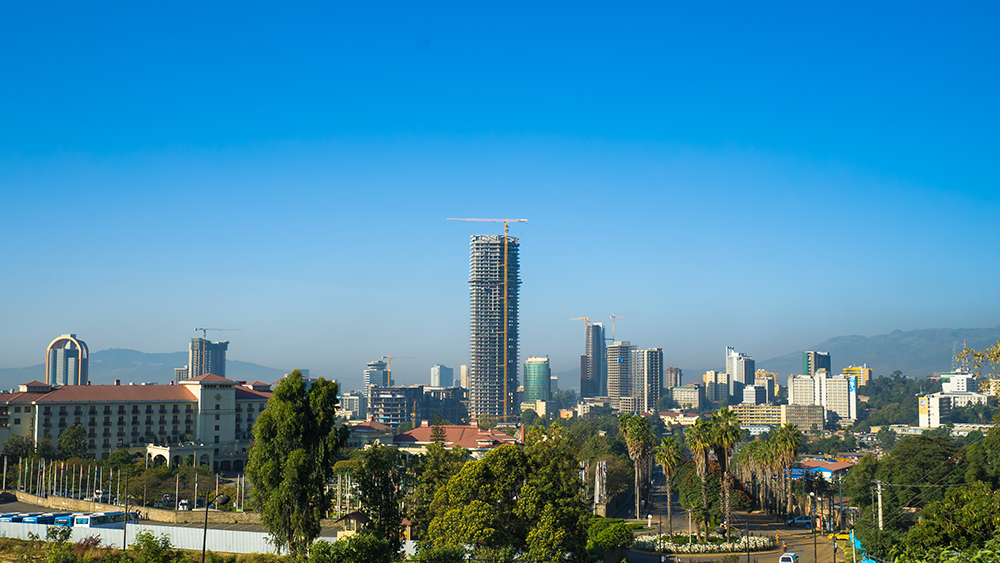
The next heritage for a new generation
IA: What is your hope for the next heritage for a new generation?
LM: Heritage is a lasting legacy we want to leave behind for our youth today and their children. For us it is about developing landholdings the right way today, envisioning what is to emerge in the future. It is about answering the socioeconomic needs of our people today in ways in which it is sustainable enough to be used and re-used by the next generation. Building a heritage is about ensuring that social and environmental safety and sustainability are in place in all developments we execute. In totality, it is an adaptation of the right development approach that is fully contextualized to the needs and aspirations of our citizens.
Ease of doing business
IA: How will your focus enable it to become safer, easier and more convenient to visit, invest and do business in Ethiopia?
LM: LBDC Ethiopia is the public partner with a one-stop-shop investment service provision, where all processes are managed and administered from start to finish. We make it nothing but possible for every investor to access all the information they need to operate in Ethiopia and specifically to partner with us on a wide variety of nationally prioritized sectors.
It is within our capacity to organize investment tours to help our partners understand and experience first-hand the rich opportunity Ethiopia has to offer.

Strategic Position
IA: Tell us why Ethiopia holds a strategic position.
LM: Despite being landlocked, Ethiopia has created a port through its global flagship airline which flies to over 110 countries across the globe. With Addis Ababa and Ethiopia’s capacity as a gateway to Africa, we hold a strategic position for doing business not only in Ethiopia but throughout the continent. Ethiopia’s accessibility from any part of the world also makes our country easy to both invest and reside in.
Ethiopia’s historic and continued leadership in continental matters, which resulted in our capital, Addis Ababa, being the third largest diplomatic hub in the world, has increased its strategic diplomatic influence on the global stage.
Growing market potential
IA: Tell us about Ethiopia’s growing market potential.
LM: Ethiopia is the second most populous country in Africa next to Nigeria. And the youth population makes up the lion’s share, with a high appetite for a better standard of living. However, Ethiopia’s market potential is not only a result of its productive population but also due to its diverse abundant natural resources such as land, natural energy and minerals, fresh water supply and suitable climate. Ethiopia’s market range can be further expanded to other parts of the world. Building the next heritage.
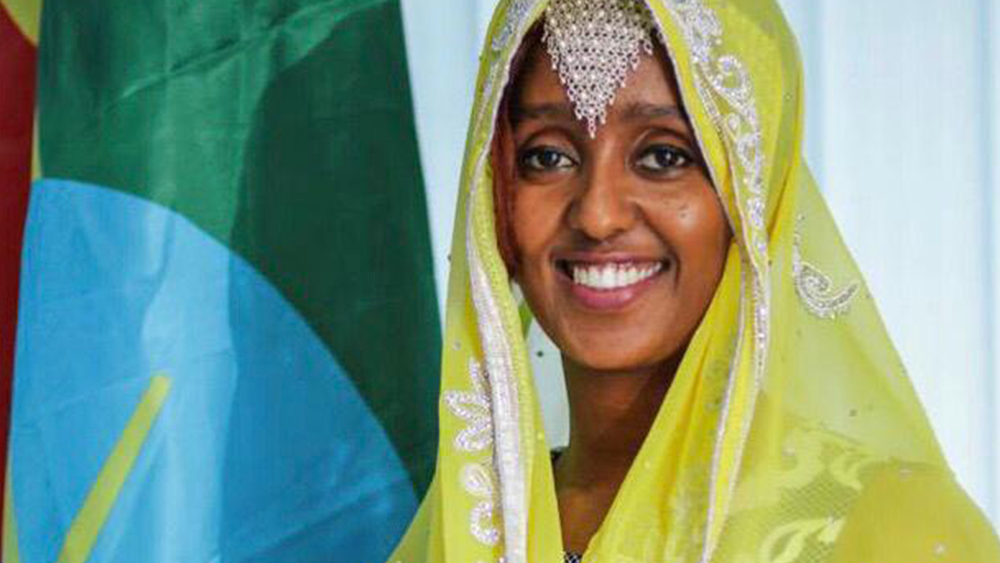
References:
[1] National Planning Commission, GTP II Midterm Review Report, 2018.
[2] FDRE Ministry of Health, Health Sector Transformation Plan, 2015.
[3] S. Trines, “World Education News+ Reviews,” 15 November 2018.
